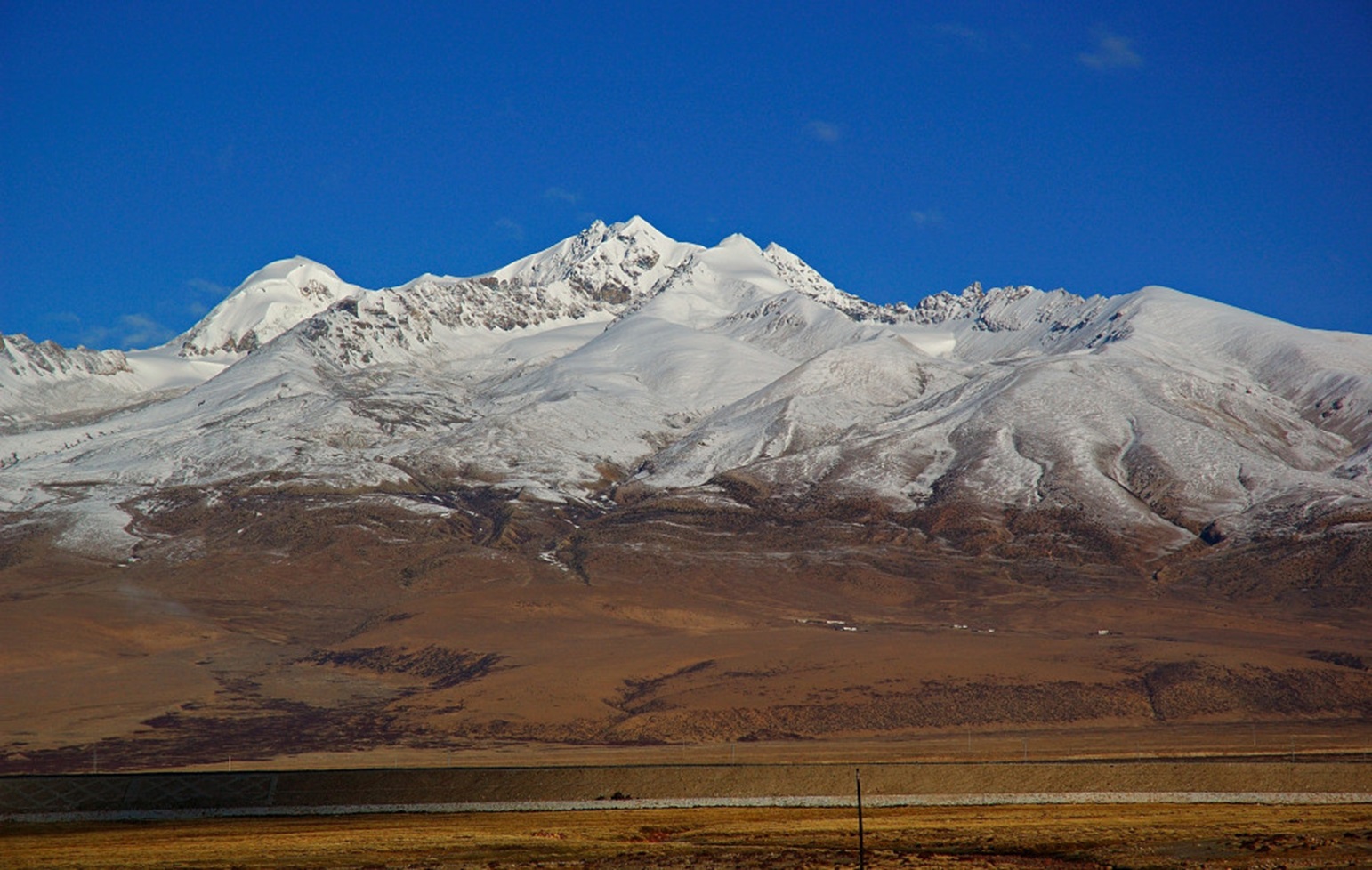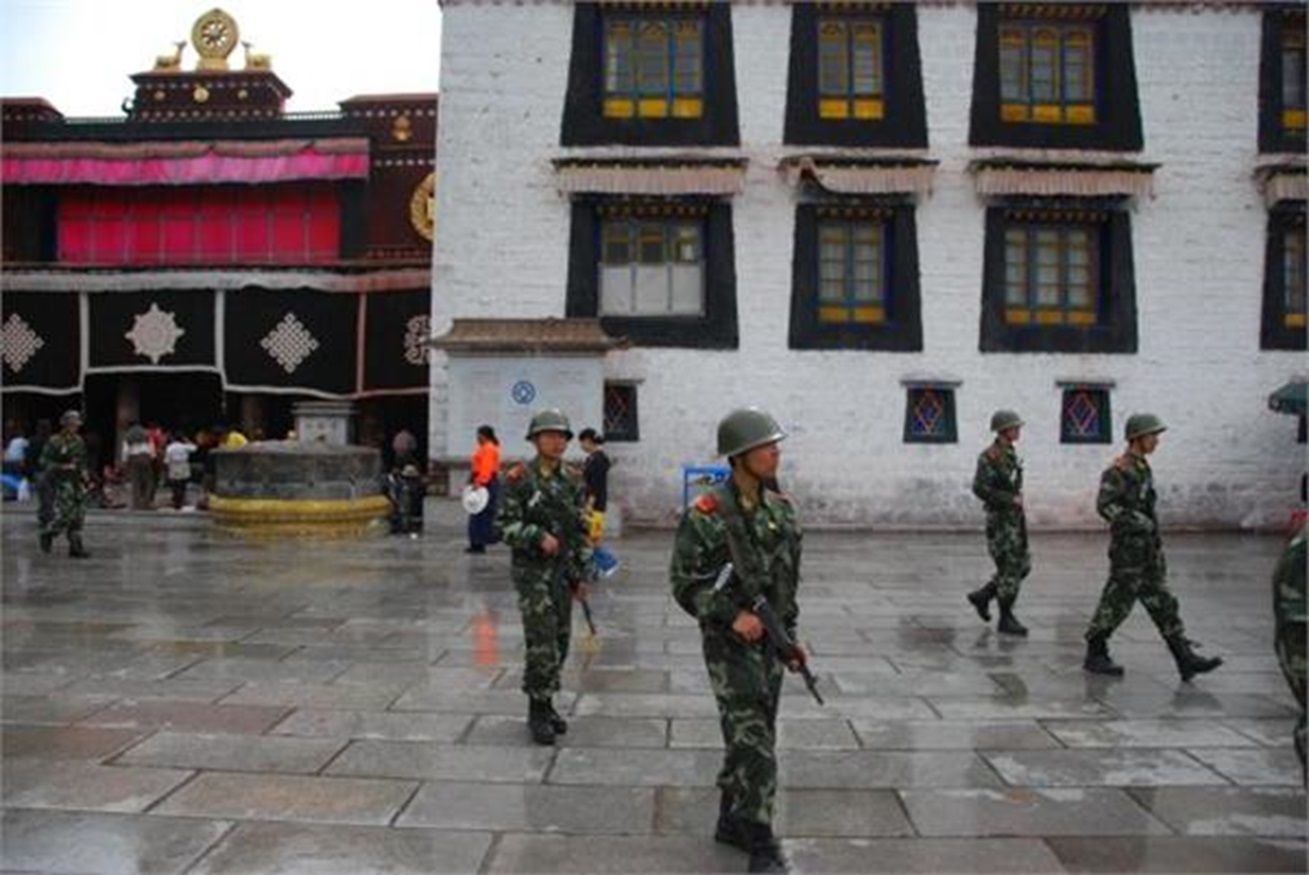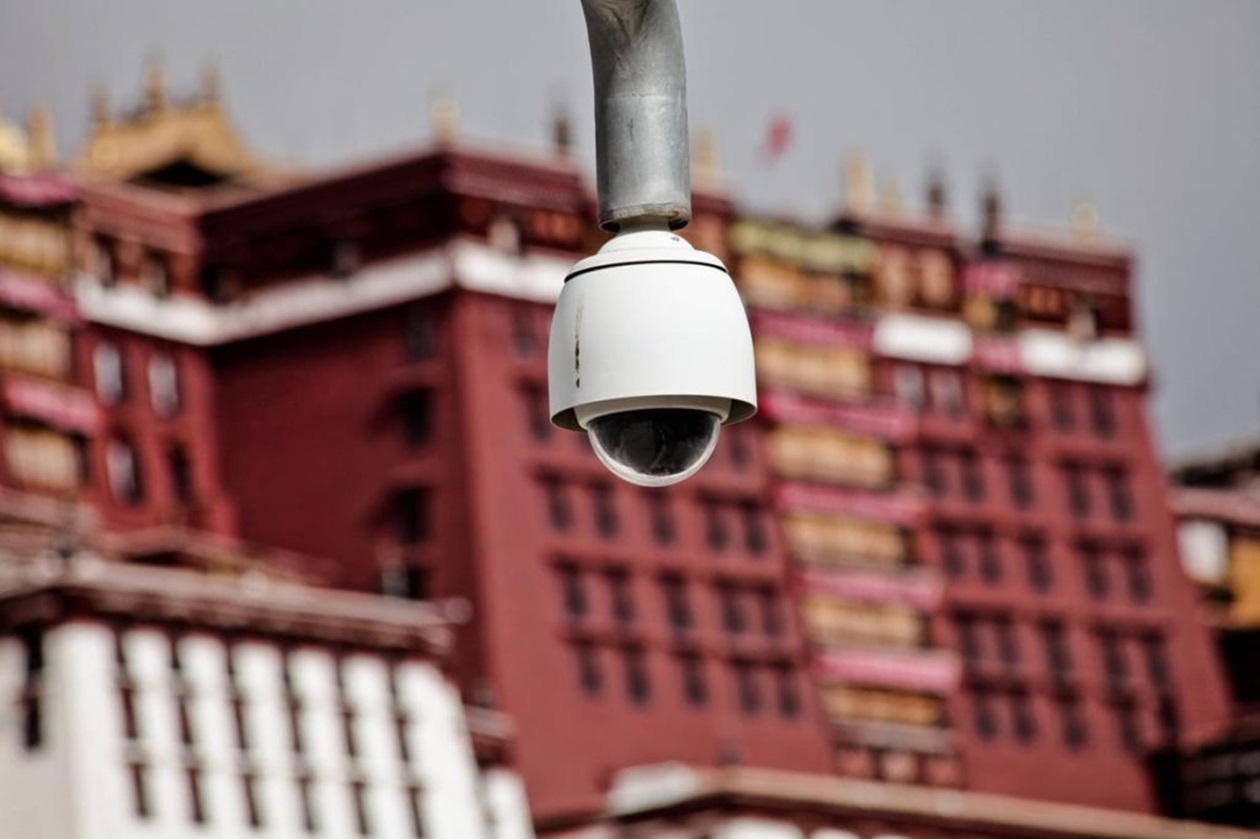This is the third part of our interview with a Tibetan refugee who arrived in Dharamsala, northern India, earlier this year. There, he recounted his life in Tibet to Tibet Watch’s field team.
In this third section, he talks about both times he was detained. He was first arrested for burning juniper berries, a cultural practice to venerate local deities, and then detained once again after a photo of the exiled spiritual leader of Tibet, the Dalai Lama, was found on his mobile phone. He concludes by talking about his decision to leave Tibet.
A warning, this section contains some details of torture.
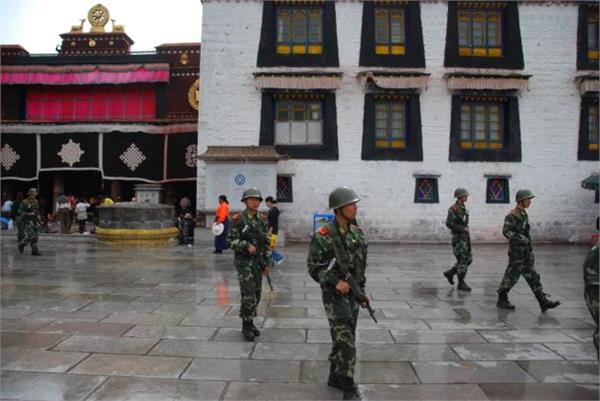
Armed security in Lhasa
First detention
During Losar [Tibetan new year] in 2022, I walked up to the top of a local sacred mountain with four other villagers to burn juniper incense. Upon our return, three to four police came to our home and took us to a detention centre.
We were kept in detention for more than 40 days and beaten repeatedly. They stated that it is illegal to burn juniper incense wherever one wishes. They stated that this is illegal and a case of political crime. We are beaten and detained for these reasons.
Sometimes, they said that burning incense on the mountain risks of wildfire, and other times, they stated that we have not taken prior permission from the security office, which, they stated amounts to illegal activity.
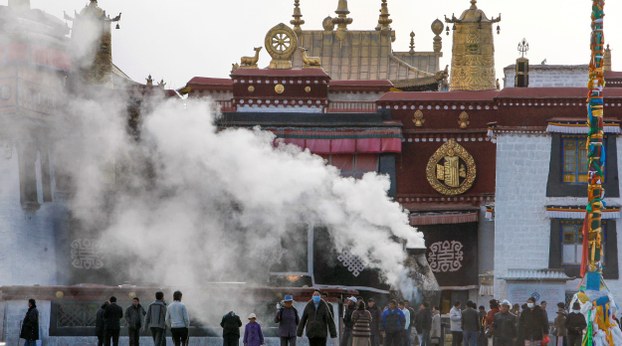
Example of a smoke offering, where juniper berries or incense is burned, in Lhasa
During our detention, they put us in handcuffs and tied our feet, removed our pants, and administered electric shocks to our private parts and legs. I suffered from injuries on my legs because of the beatings and electrocution but was not given medical treatment. After my release from detention, my family took me to the hospital, and I was hospitalised for ten days for medical treatment. My family had to bear all the expenses incurred due to this injury.
We were forced to do work for the families of the security personnel in the detention centre. We were forced to cook, clean rooms, wash clothes, and run on the campus, join their meetings, etc. In the meetings, we were told to respect the leadership of the Chinese Communist Party, respect the state, and the party leaders. If they were not happy about our reaction, they resorted to beating immediately.
Second detention
After my release from detention, all of my movements were monitored. One time, when I went into the township and in the market street, police secretly came and took me to the police station. And at the police station, they checked my bag and searched my mobile as well as my chat messages.
When they found images of the Dalai Lama, I was beaten and interrogated. They asked where I got that picture from and for what purpose I was keeping it.
For three days, I was kept in detention and beaten severely. I don’t know how they managed to find pictures of His Holiness on my mobile. They did not return my mobile afterwards. I was warned again that I will be beaten and detained again if I repeat this action.
So because of the excessive beating my injuries were severe. And I am still not able to walk properly. It hurts and it is difficult for me to move and sit.
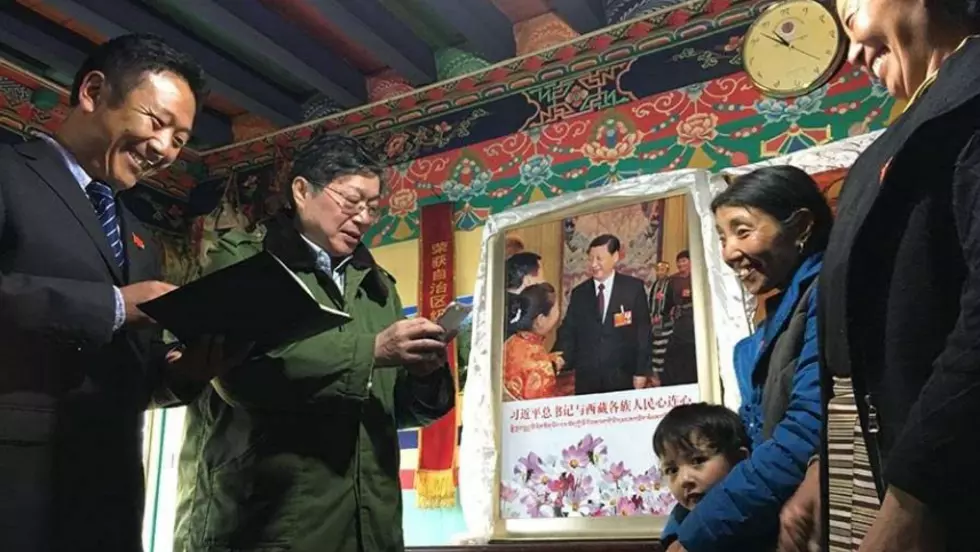
A photo from 2018 shows a portrait of Xi Jinping hanging in a Tibetan home
Since 2018, extensive security measures and restrictions have been imposed in the entire village. Search operations were conducted on every household and those found with pictures of His Holiness were arrested and fined. There are many cases of such incidents but I cannot tell everything for the safety and security of those people who are still in Tibet. Up on the walls in one’s home, every family must put up photos of the Chinese leaders, and the Chinese national flag must hang up outside.
In 2022, I came back to Lhasa looking for a job. I thought that if I managed to find a job post as a chef in one of the big restaurants in Lhasa, I would make good enough money. I was able to find one Tibetan who acted as my guarantor, and I also found a job in a new restaurant owned by a group of people from my village. After a few months of its opening, it was not running well and shortly afterwards they closed it. At the time, I managed to visit Tsuklakhang and Jokhang temples in Lhasa. After that, I returned home. Then, at the beginning of this year, I went back to Lhasa and then fled to India.
Information supplied by Tibet Watch
